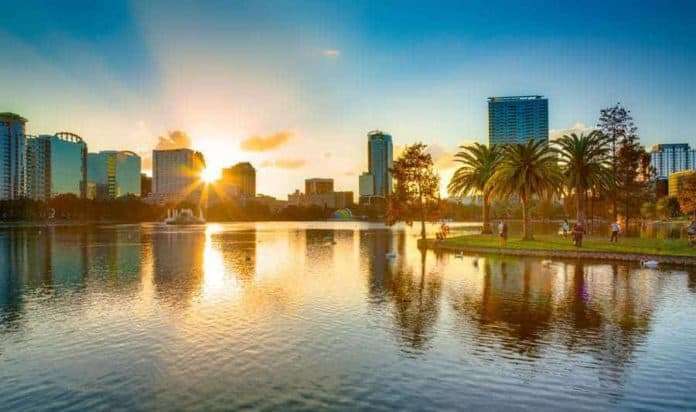Florida’s commercial real estate industry ranks third in the country, according to an annual economic impact study. The NAIOP Commercial Real Estate Development Association survey found that Florida’s commercial real estate contributed $189.4 billion to the state economy in 2017.
Florida also ranks third in commercial real estate spending with $99.8 billion spent on commercial property in 2017. Only California and Texas contributed and spent more.
“Construction spending has increased each year since 2011, gaining 54.6% between 2011 and October 2017,” said Stephen Fuller, co-author of the 2018 edition of NAIOP’s Economic Impacts of Commercial Real Estate study.
The spending on nonresidential building construction increased 37% over the past four years, Fuller said. The spending reflects an increase of $126.7 billion in construction spending.
A popular commercial real estate choice among investors is the triple net lease property where the lessee agrees to pay three nets including maintenance, building insurance, and real estate taxes.
Florida’s entertainment, retail, and warehouse sectors ranked second in the country’s commercial real estate market with an output of $66.3 billion. This may not be as surprising considering there were 39,325 places to eat and drink in Florida as of 2014.
Only Texas managed to stay one step ahead in commercial output. But, then again, everything’s bigger in Texas.
Fuller says the commercial real estate market in Florida will continue to grow through 2020. However, Forbes warns that Florida’s real estate market is at a pressure point in the face of a stalled appreciation.
In the past 10 years, little construction and a growing retirement population have caused home prices to rise. Investors are recommended to consider short or long horizons to avoid the risk of financial loss.
Areas such as South Florida have the highest concentration of retirees and thus have the highest-priced properties due to increased demand. The real estate market is considered more favorable in Cape Coral, Lakeland, and Punta Gorda.
In contrast, Naples has seen a 5% increase in real estate prices as its three-year market boom begins to slow due to the area’s foreclosed properties.
Cities such as Orlando and Jacksonville are currently providing a full range of investment opportunities. Home prices aren’t increasing as quickly as other cities and properties are still affordable for many investors.
However, Forbes points out that the high demand for homes and commercial properties is due to economic growth, which is better than high demand due to a real estate cycle.
Florida Ranks Third In Commercial Real Estate Contribution And Output
Author Profile


